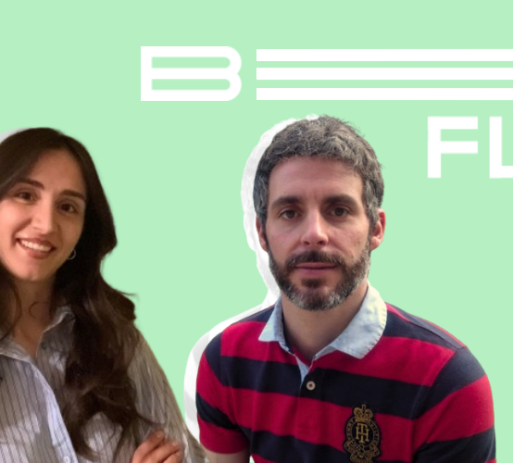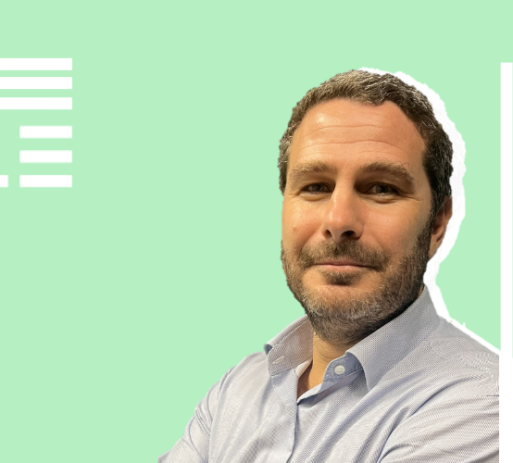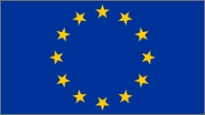Green light to the European project BeFlexible that will increase flexibility of the energy system
-
The initiative is funded by the European Commission with 10 million euros and is coordinated by i-DE, the Spanish electricity distribution company of the Iberdrola group, together with 21 partners from 7 European countries
-
The project started on 1 September and will run for 4 years
-
To test the solutions proposed by the project, twelve pilots will be carried out in 4 countries: Italy, Sweden, Spain and France
Energy Transition is a priority and new challenges are arising by the European Union to adapt the energy system to the new paradigms. The BeFlexible project was launched recently by i-DE (Iberdrola group) as coordinator in its headquarters in Bilbao and has been set up to address the challenge of accelerating the Energy Transition and fulfil the Green Deal goals.
The project, named “Boosting Engagement to Increase Flexibility“, has received funding of 10 M€ from the European Commission through the Horizon Europe programme. Over its 4-year duration, BeFlexible will aim to increase the flexibility of the energy system, improve cooperation between Distribution System Operators (DSOs) and Transmission System Operators (TSOs) and facilitate the participation of all energy-related stakeholders.
To address these challenges, the project consortium brings together 21 partners and 3 affiliated entities from 7 different European countries (Spain, Italy, Portugal, Belgium, Germany, Sweden and Denmark), including DSOs, TSOs, aggregators, R&D centres and Universities specialised in the technology applied in the solutions, industrial suppliers of smart grid technology providers and ICT developers.
BeFlexible consists of a consortium made up by: i-DE (Iberdrola Group); Iberdrola Energía España; Enel Grids (and the 3 affiliated entities Gridspertise, e-distribución and E-distribuzione ); E. ON Group; Areti; Terna; SAP; Schneider Electric; ThermoVault; STEMY Energy; RWTH Aachen University; RSE SPA; INESC TEC; ENGINEERING Group; Soulsight; Universidad Pontificia Comillas; EDSO, Smart Innovation Norway, Zabala Innovation and Timelex.

BeFlexible will also seek for synergies together with the BRIDGE community. BRIDGE is a European Commission initiative which unites Horizon 2020 and Horizon Europe Smart Grid, Energy Storage, Islands, and Digitalisation projects to create a structured view of cross-cutting issues which are encountered in the demonstration projects and may constitute an obstacle to innovation. The BRIDGE process fosters continuous knowledge sharing amongst projects thus allowing them to deliver conclusions and recommendations about the future exploitation of the project results, with a single voice, through four different Working Groups representing the main areas of interest: data management, business models, regulations, consumer and citizen engagement.
Reducing greenhouse gas emissions
Currently, energy production and use account for around 72% of the EU’s greenhouse gas emissions. The EU’s objective is to establish a modern design for the electricity market, adapted to the new commercial realities: more flexible, market-based, and better placed to integrate a higher share of renewables. The BeFlexible project is aligned with the current climate targets and the Fit for 55 packages, in addition to the Recovery Plan and the actions and roadmaps implemented by the European Technology & Innovation Platform Smart Networks for Energy Transition (ETIP SNET) actions to ensure this pathway.
The renewable energy generated is increased. Moreover, there is no longer a single area of production that is then distributed in one area but is generated from more and more places and then distributed. This is affecting electricity markets. The system demands flexibility and new business models for traditional utilities and distribution companies.
BeFlexible aims to overcome existing limitations by applying versatile solutions that allow grids to adapt to upcoming scenarios. Thus, it will promote mechanisms that provide benefits to all actors in the energy market (from market operators to end users), responding to all types of consumer needs.
To this end, the BeFlexible project is based on 4 main blocks. Firstly, an analysis of markets and regulations will be carried out and a flexible framework for new business opportunities will be defined. Secondly, the definition and adaptation of the service ecosystem offering a broad portfolio of flexibility and cross-sector solutions for end-users will be carried out. The third point consists of the implementation of platforms and architectures, including the design of a Grid Business and Data Network (GDBN) and the definition of the system architecture to ensure full data interoperability. Finally, BeFlexible will focus on customer engagement and a social co-creation approach to meet the consumer’s needs.
Pilots in Italy, Sweden, Spain and France
The versatility of the concept will be demonstrated in various and diverse environments, in terms of consumer types, geographic and climatic areas and energy loads, to assess the impact of services, platforms and architectures. Consumer engagement strategies will be validated to enable appropriate interaction between all energy actors and foster market uptake.
A heterogeneous set of pilots will be deployed with demos in Italy, Sweden, Spain and France. The pilots have been selected to cover a wide range of consumer energy behaviours, grid typologies, and climate conditions. The different regulatory environments and alignment with national plans for the 2030 energy transition will allow to test the solutions for the market.
The European Project BeFlexible and next meeting points with stakeholders
BeFlexible will be presented to key players of the stakeholders of the energy sector in the next weeks like the European Utility Week (ENLIT), the hugest forum in Europe for the Industry that will held in Frankfurt from the 29th of November to the 1rst of December. In ENLIT, BeFlexible will take part in the Pavilion and programme designed together with other BRIDGE projects.





